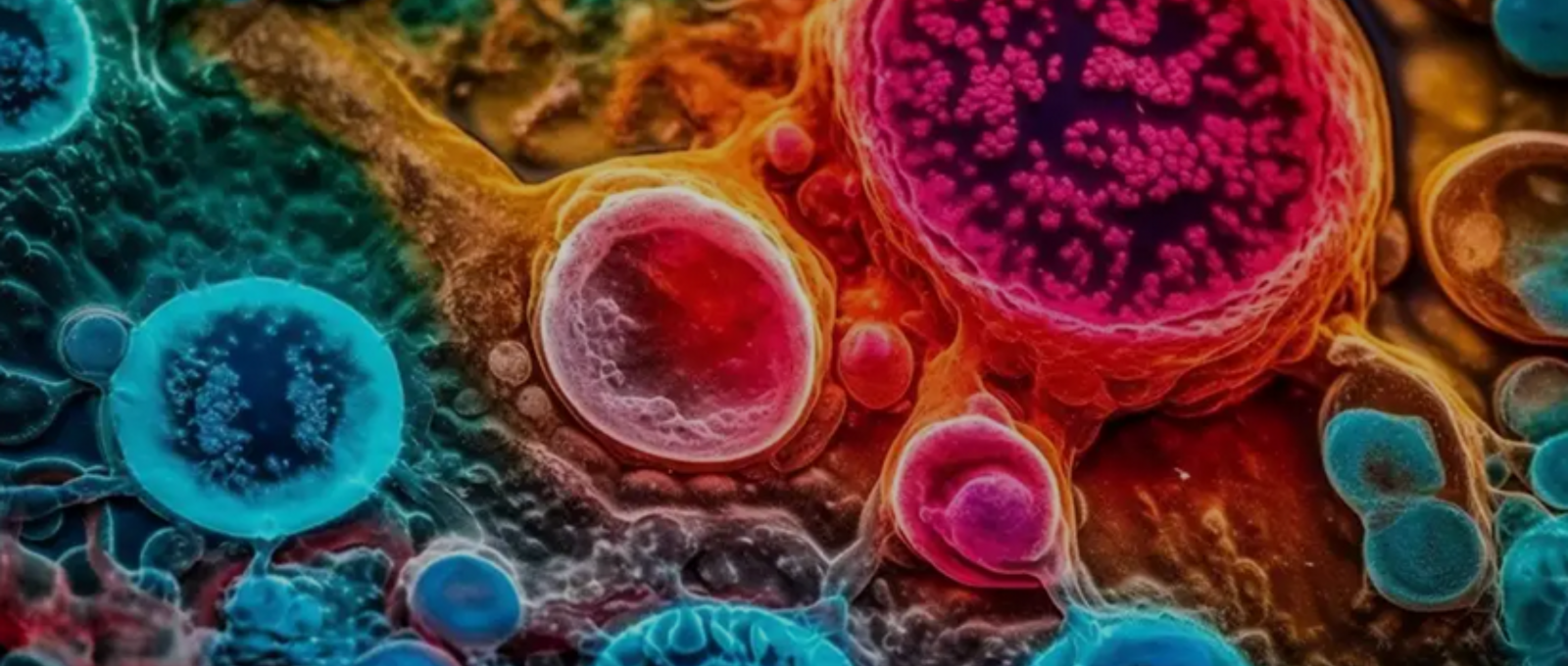Description de la soumission d'un avis

- Cells & Network fonctions exploration
- Cellular exploration
Stem Cell center NeuroTimone – SCeNT-PFNT
SCeNT-PFNT is commited to excellence in the use of induced pluripotent stem cells in research
This platform is part of the « Platforms NeuroTimone » (PFNT) group
The SCeNT-PFNT platform provides services with the aim to support scientists in the use of human induced pluripotent stem cells (hiPSCs) for their research projects. SCeNT provides its technological expertise to create cellular tools based on iPSCs, which are valuable for studying human cells and modeling diseases, with a focus on translational research. Our mission is to promote high-quality research on hiPSCs, accelerate the translation of innovative discoveries into clinical applications by bridging the translational gap often present in animal models, and educate and train scientists in the use of these tools. SCeNT is a continuously evolving technological platform that offers a range of services, including iPS cell production, CRISPR genome editing, custom cellular model creation (especially for modeling and studying brain cells), and training.
Equipments
- Applied Biosystems 7500 Fast QPCR
- Biorad CFX96 QPCR
Training
You are looking for a platform to train one or more staff on a particular technique or equipment? You’re at the right place!
Regarding training, SCeNT also aims to educate the future generation of researchers who wish to master the strategies and models associated with iPS cells. We can contribute to the training of students (Ph.D. candidates) as well as technicians, engineers, post-docs, and researchers interested in gaining expertise through collaborative projects or services involving the platform. Upon request, fee-based training outside of specific projects can also be arranged.
Services submitted to charges
Do you have a project that requires expertise, a technique or equipment that you don’t have? You’re not looking for scientific collaboration, but for the expert who can meet your needs? Then you’ve come to the right place.
Quote on request for
– iPSC reprogramming (Sendai based reprogramming from human fibroblast cells/blood)
– iPSC Quality control (different options)
– iPSC storage
– Differentiation of iPSCs and production of cells/models (upon request, with necessary feasibility study based on the cell/model type)
– CRISPR edits in hiPSCs (KO edits, point mutation correction/insertions; Edits can be performed in researcher- or core-provided iPS-lines)
– qPCR analyses
– Consultation and training
Numbers!
Due to some delays the platform has been truly effective from mid 2021 and, since then, we have achieved several services including reprograming experiments (nearly 10 new iPSC lines generated), CRISPR edits in iPSCs (n=8), one differentiation and one training.

